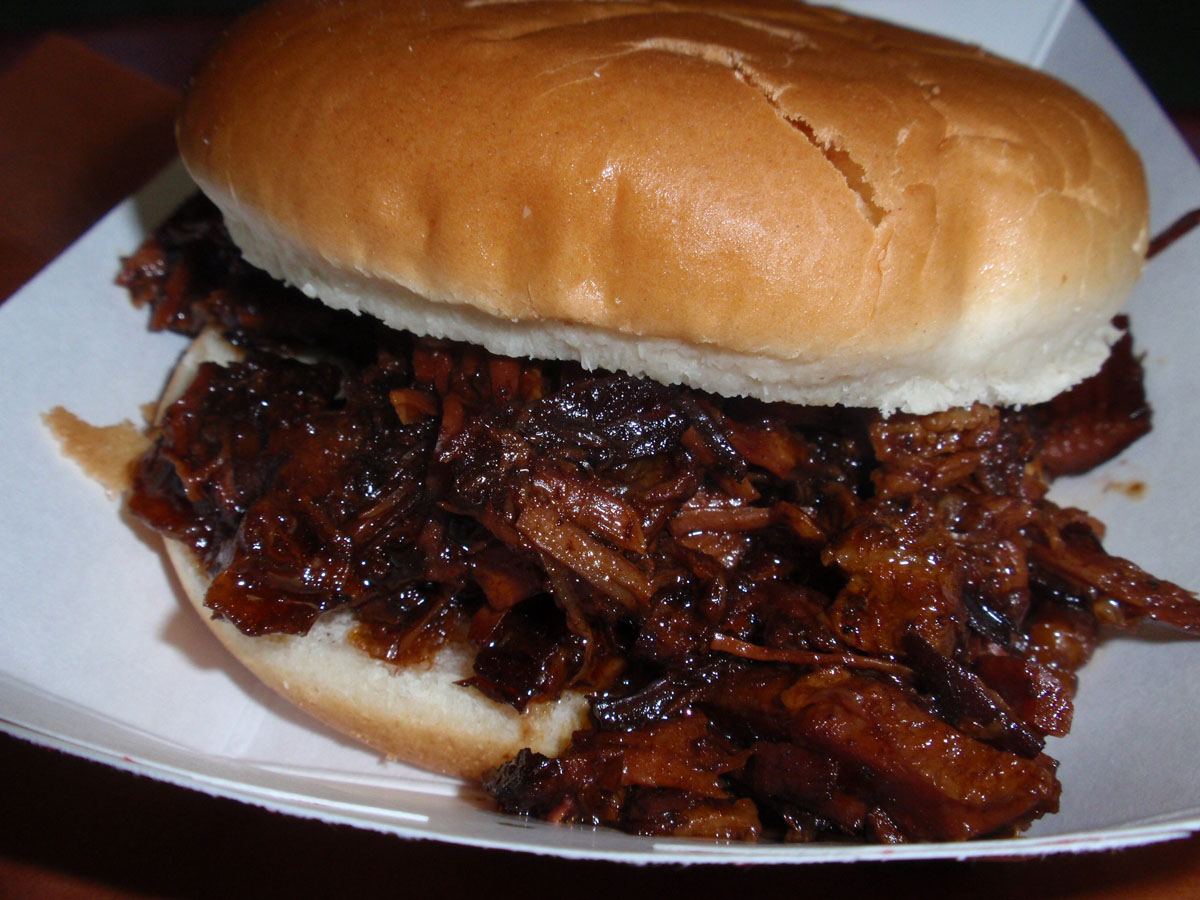
Today, I’m tossing a lateral pass on writing. My friend, Doug has recreated the Last Supper in a short story form that is both potent, amusing, and contemporary, and thereby worth your read. I think you’ll like his take here:
Excerpt:
Jesus bolted from the dinner table – didn’t even say “May I be excused?” – stripped to his boxers and started washing everybody’s feet. Peter made a fuss, of course, but Jesus said, ….
“Maundy” is derived from the Latin word, “Holy” (set apart).
Do you celebrate “Maundy Thursday”…or remember the events of the the night of the Last Supper, or Christ’s action of taking the role of a slave and washing his students’ feet? Reflection on that today, for at least a few minutes.
Read today’s Scripture below:
AND if you’d like share your spiritual reflections here:
Jesus Washes the Disciples’ Feet
JOHN 13:1 Now nbefore othe Feast of the Passover, when Jesus knew that phis hour had come qto depart out of this world to the Father, rhaving loved shis own who were in the world, he loved them to the end. 2 During supper, when tthe devil had already put it into the heart of Judas Iscariot, Simon’s son, to betray him, 3 Jesus, knowing uthat the Father had given all things into his hands, and that vhe had come from God and wwas going back to God, 4 rose from supper. He laid aside his outer garments, and taking a towel, xtied it around his waist. 5 Then he ypoured water into a basin and began to wash the disciples’ feet and to wipe them with the towel that was wrapped around him. 6 He came to Simon Peter, who said to him, “Lord, do you wash my feet?” 7 zJesus answered him, “What I am doing ayou do not understand now, but afterward you will understand.” 8 bPeter said to him, “You shall never wash my feet.” Jesus answered him, c“If I do not wash you, you have no share with me.” 9 Simon Peter said to him, “Lord, not my feet only but also my hands and my head!” 10 Jesus said to him, “The one who has bathed does not need to wash, dexcept for his feet,1but is completely clean. And eyou2 are clean, fbut not every one of you.” 11 gFor he knew who was to betray him; that was why he said, “Not all of you are clean.”
12 When he had washed their feet and hput on his outer garments and resumed his place, he said to them, i“Do you understand what I have done to you? 13 jYou call me kTeacher and Lord, and you are right, for so I am. 14 If I then, your Lord and Teacher, have washed your feet, lyou also ought to wash one another’s feet. 15 For I have given you an example, mthat you also should do just as I have done to you. 16 Truly, truly, I say to you, na servant3 is not greater than his master, nor is a messenger greater than the one who sent him. 17 If you know these things, oblessed are you if you do them. 18 pI am not speaking of all of you; I know qwhom I have chosen. Butrthe Scripture will be fulfilled,4 s‘He who ate my bread has lifted his heel against me.’ 19 tI am telling you this now, before it takes place, that when it does take place you may believe that I am he. 20 Truly, truly, I say to you, uwhoever receives the one I send receives me, and whoever receives me receives the one who sent me.”




